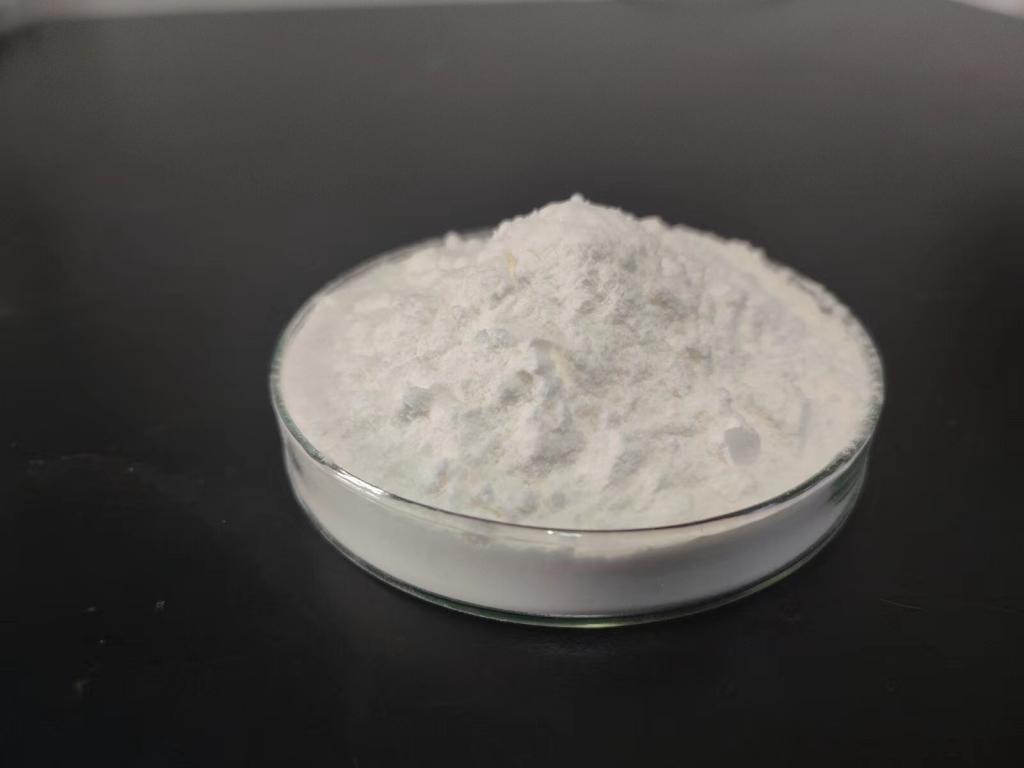Tel:+8618231198596

News
 CONTACT
CONTACT
 CONTACT
CONTACT
- Linkman:Linda Yao
- Tel: +8618231198596
- Email:linda.yao@dcpharma.cn
- Linkman:CHARLES.WANG
- Department:Overseas
- Tel: 0086 0311-85537378 0086 0311-85539701
News
Current Position:
Home >
News
>ε-Polylysine hydrochloride as a key ingredient in plant-based food preservation
ε-Polylysine hydrochloride as a key ingredient in plant-based food preservation
TIME:2024-11-01
Understanding ε-Polylysine Hydrochloride
ε-Polylysine is a linear polymer composed of lysine residues connected by peptide bonds. Its unique structure enables it to exhibit strong antimicrobial properties, particularly against gram-positive bacteria, molds, and yeasts. The safety of ε-polylysine has been affirmed by various regulatory agencies, including the FDA and the European Food Safety Authority (EFSA), making it a favorable choice for use in food products, especially in the growing plant-based sector.
Advantages of ε-Polylysine in Plant-Based Food Preservation
Effective Antimicrobial Activity: The primary advantage of ε-polylysine is its broad-spectrum antimicrobial efficacy. It effectively inhibits the growth of spoilage organisms and pathogenic bacteria commonly found in plant-based products. This is particularly important for plant-based foods, which may be more susceptible to microbial contamination due to their high moisture content and lack of preservatives.
Natural and Clean Label Appeal: With increasing consumer demand for natural and minimally processed foods, ε-polylysine fits well into the clean label trend. As a naturally derived ingredient, it aligns with consumer preferences for food products that avoid synthetic additives. Its inclusion in plant-based products can enhance marketability by promoting the idea of natural preservation.
Stability Under Various Conditions: ε-Polylysine demonstrates stability across a range of temperatures and pH levels, making it suitable for various plant-based formulations. This stability allows for its effective application in different food matrices, including sauces, dips, snacks, and ready-to-eat meals. Its ability to withstand processing conditions, such as pasteurization or freezing, further enhances its utility in food preservation.
Synergistic Effects with Other Preservatives: ε-Polylysine can be combined with other natural preservatives or processing techniques to enhance overall preservation efficacy. For instance, when used in conjunction with essential oils, vinegar, or modified atmosphere packaging (MAP), ε-polylysine can create a synergistic effect that significantly improves the preservation of plant-based foods. This approach allows for lower concentrations of each preservative while maintaining or enhancing antimicrobial activity.
Applications in Plant-Based Foods
The versatility of ε-polylysine makes it applicable across various categories of plant-based foods:
Plant-Based Proteins: As the market for plant-based meat alternatives expands, ε-polylysine can help maintain product safety and quality. By inhibiting microbial growth, it can extend the shelf life of meat substitutes, ensuring they remain fresh and safe for consumption.
Dairy Alternatives: In plant-based dairy products, such as almond milk, soy yogurt, and coconut-based cheeses, ε-polylysine can effectively reduce spoilage and pathogenic bacteria. This helps maintain flavor and texture while extending product freshness.
Condiments and Sauces: ε-Polylysine can be utilized in plant-based sauces, dressings, and dips to prevent spoilage and enhance shelf life. Its effectiveness in liquid formulations helps maintain product integrity and safety throughout the supply chain.
Snacks and Baked Goods: Plant-based snacks and baked goods are often susceptible to mold and yeast contamination. The incorporation of ε-polylysine can help prolong shelf life, ensuring these products remain fresh and appealing to consumers.
Regulatory Considerations
As the use of ε-polylysine hydrochloride in plant-based food products grows, regulatory considerations will remain paramount. Food manufacturers must ensure compliance with food safety regulations and proper labeling practices. Clear communication about the safety and benefits of ε-polylysine will be essential to foster consumer trust and acceptance.
Future Directions
The potential of ε-polylysine hydrochloride in plant-based food preservation is significant, and ongoing research is essential to unlock its full capabilities. Future studies may explore:
Enhancements in Antimicrobial Activity: Research into modifying ε-polylysine’s structure to enhance its antimicrobial properties or broaden its efficacy against a wider range of microorganisms could lead to even more robust preservation strategies.
Consumer Acceptance Studies: Investigating consumer perceptions of ε-polylysine in plant-based foods will be vital for understanding market acceptance and potential barriers to its use.
Sustainability Assessments: Evaluating the environmental impact of ε-polylysine production and its role in reducing food waste through improved shelf life will align with growing consumer interest in sustainability.
Conclusion
ε-Polylysine hydrochloride is emerging as a key ingredient in the preservation of plant-based foods, offering effective antimicrobial properties and aligning with consumer preferences for natural, clean-label products. Its ability to enhance food safety, extend shelf life, and facilitate the development of innovative plant-based formulations positions it as a vital tool in the food industry. As the demand for plant-based products continues to rise, the role of ε-polylysine in food preservation will likely expand, supporting the industry's commitment to quality, safety, and sustainability.
- Tel:+8618231198596
- Whatsapp:18231198596
- Chat With Skype







